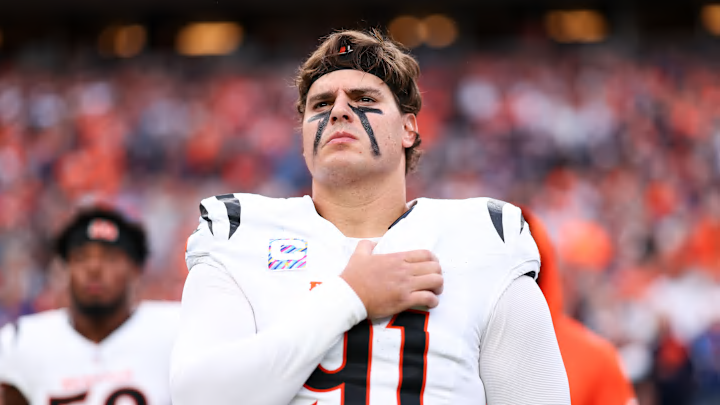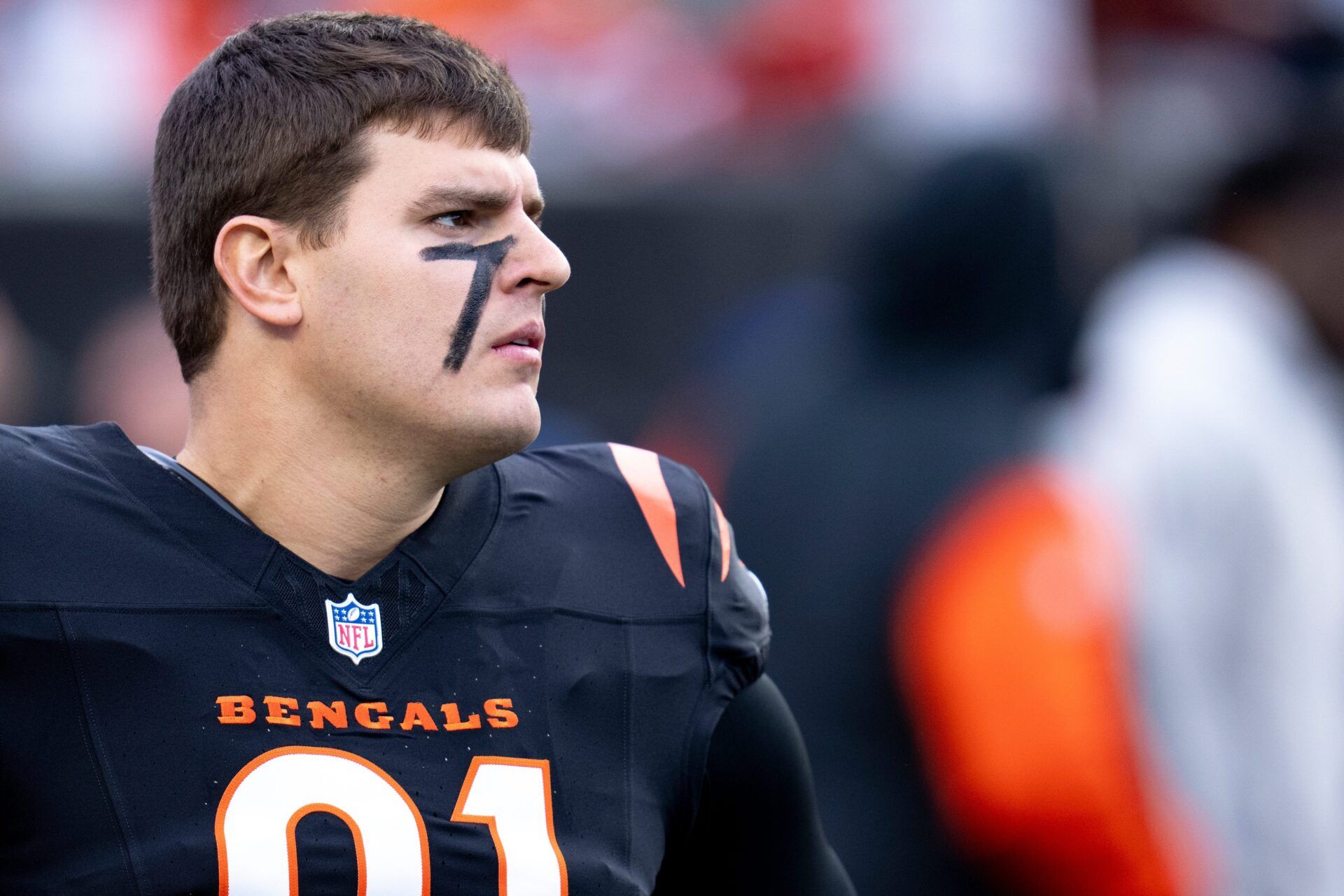BREAKING: Las Vegas Raiders Reject Elon Musk’s $500 Million Offer, Shocking the NFL
In a move that has stunned the sports world, the Las Vegas Raiders have rejected a massive $500 million funding offer from tech billionaire Elon Musk. The Raiders' ownership group, led by Mark Davis, made an unexpected and bold decision that has reverberated throughout the NFL. This shocking rejection underscores the team’s commitment to its community roots and its unwavering stance against corporate influence.
The Unbelievable Rejection
The Raiders’ response to Musk’s eye-popping offer has quickly become one of the most talked-about stories in the NFL. Musk, the visionary behind Tesla, SpaceX, and Twitter, had proposed a plan to inject significant capital into the Raiders’ operations. The offer included state-of-the-art technological upgrades, including AI-driven training, advanced analytics, and the creation of a futuristic stadium that would revolutionize fan experiences. However, despite the massive financial promise, the Raiders turned down the deal without hesitation, sending a powerful message to the NFL and beyond.
“We will NOT NEVER be bought by billionaires like you,” the Raiders’ statement read. “The Las Vegas Raiders are not for sale. We stand with the people of Las Vegas against greed, racism, and corporate exploitation. This team is about more than just money. It's about tradition, loyalty, and a commitment to our community.”
A Clash of Values
The decision to reject Musk’s offer is more than just about the money; it is a powerful statement of the Raiders’ commitment to preserving their identity. Musk, known for his bold moves and innovations in the tech world, envisioned transforming the Raiders into a high-tech powerhouse with a modernized roster, cutting-edge facilities, and a fan experience like never before. But this approach did not align with the Raiders' core values, which are deeply rooted in their history and connection to Las Vegas.
The Raiders’ leadership group made it clear that they refuse to be shaped by outside financial influences, no matter how tempting. The franchise has long been a cornerstone of the city, built on a foundation of toughness, tradition, and loyalty to their fanbase. Davis and the Raiders’ management emphasized that they are committed to the long-term health of the organization, without compromising their values.
“We’re not interested in a flashy future built on the whims of a billionaire,” Davis said. “We believe in the history and culture of the Las Vegas Raiders. Our success will always be based on hard work, team spirit, and community.”
Fans and Local Community Rally Behind the Decision
Las Vegas, a city with a passionate and dedicated sports culture, has quickly rallied behind the Raiders’ decision. Fans across social media have expressed their support for the team’s stance, praising the leadership for prioritizing the values of tradition and community over financial gain. For many, the Raiders’ rejection of Musk’s offer is a win for the fans and a powerful reminder of what the team stands for.
“I’m proud of the Raiders for standing firm,” said one lifelong Raiders fan. “This team has always represented the city of Las Vegas. We don’t need tech billionaires coming in and changing what we’ve built. We’re about loyalty and pride, not corporate takeovers.”
The city’s political figures have also applauded the decision, highlighting the importance of maintaining control of the Raiders within the community.
“The Raiders are more than just a team; they’re a symbol of this city,” said Las Vegas Mayor John Doe. “I support the Raiders in their decision to keep the team under the ownership of those who understand the heart and soul of Las Vegas.”
The Bigger Picture: Corporate Influence and NFL Ownership
The rejection of Musk’s $500 million offer sheds light on the growing influence of billionaires in professional sports. Over the years, many wealthy individuals have sought to purchase sports franchises, offering vast sums of money in exchange for control. These offers often come with the promise of innovation, state-of-the-art facilities, and greater success.
However, the Raiders’ defiance against Musk’s offer sets a significant precedent for other teams in the NFL. The rejection signals that not all franchises are willing to sell out to the highest bidder. For the Raiders, their connection to the city and their loyal fanbase is far more valuable than any amount of money. This moment represents a critical turning point in the conversation about corporate control in sports, with the Raiders leading the charge for community-based ownership.
What’s Next for the Raiders?
While the rejection of Musk’s offer is an unexpected move, it raises important questions about the future direction of the Raiders. The team has reiterated its commitment to maintaining long-term stability, player development, and community engagement. The focus will remain on building a team that reflects the values of Las Vegas, rather than one driven by outside financial interests.
This move may also inspire other NFL teams to reconsider their relationship with outside investors and take a closer look at the balance between maintaining team culture and accepting billionaire influence. If the Raiders’ decision resonates with other teams, we could see a shift toward franchises that prioritize loyalty to their cities over corporate takeover.
For now, the Las Vegas Raiders have emerged as unlikely champions in the fight against corporate greed. Whether or not other teams follow their lead remains to be seen, but the Raiders have certainly set a powerful example for what it means to remain grounded in one’s values.
As the 2025 NFL season unfolds, all eyes will be on the Raiders to see how this decision affects their performance on and off the field. One thing is certain: the Las Vegas Raiders have proven that some things — like loyalty to Las Vegas — cannot be bought. The legacy of the Raiders will remain in the hands of their community and their fans, and that is a victory worth celebrating.
Chiefs’ Andy Reid Reflects on Pete Carroll’s Success Before Chiefs vs Raiders Game

Andy Reid makes his opinion of Pete Carroll clear.

Andy Reid and the Kansas City Chiefs will face a tough test on Sunday against Pete Carroll and the Las Vegas Raiders. It’s going to be a rivalry showdown between two teams with a storied past, and Sunday’s matchup will not only be a battle between two bitter foes but also a chess match between two of the head coaches in the NFL today.
Why an NFL-altering trade for the Lions doesn't work

You've likely read about...a dozen or so trade pieces surrounding the Detroit Lions and edge rusher Trey Hendrickson by now.

The Cincinnati Bengals defender is a free agent in 2026, is a member of a team that's seemingly struggling once again due to key injuries on both sides of the football, and probably isn't looking to deal with another drawn out negotiation process with the same squad that didn't really want to pay him, anyway.
The Detroit Lions, on the flip side, seem keen on paying their guys this offseason. This includes their own star edge rusher, Aidan Hutchinson. He's due for an extension, and a hefty one if Myles Garrett's and T.J. Watt's extensions are any indication. The Lions need to try and either develop, or sign, another edge rusher alongside Hutchinson, but to trade for one now?
It's just impossible. Sorry to say it, Bill Barnwell.
Lions trade for Trey Hendrickson simply isn't in the cards
While Hendrickson, with his four sacks and 23 pressures on the year, would be a game changing addition to this Lions defense, the team couldn't afford to utilize him for any year beyond 2025. They'd be blowing up their draft picks and depth for a one-year rental, most likely, especially since they have other fish to fry
The team still has to work out extensions with Brian Branch, Jahmyr Gibbs, Sam LaParta, and Jack Campbell. These players are going to command quite a bit of the Lions' available cap space in 2026, which stands at $2.5 million at the moment. This means a lot of restructuring is yet to come in order to even get these players to stay on with the team past 2026.
Hendrickson would very likely command a price tag in the realm of nearly $200 million over the course of at least four years. That's close to what Garrett and Watt got for their services, and likely close to what Hutchinson is due. Detroit simply cannot take on that financial load while keeping their core together, and that's assuming Hendrickson would even sign here.
If he didn't, then it'd have been for nothing that the Lions parted with some likely prime picks in next year's and 2027's NFL draft, in addition to some player capital. It's just not a Brad Holmes-y thing to do.




